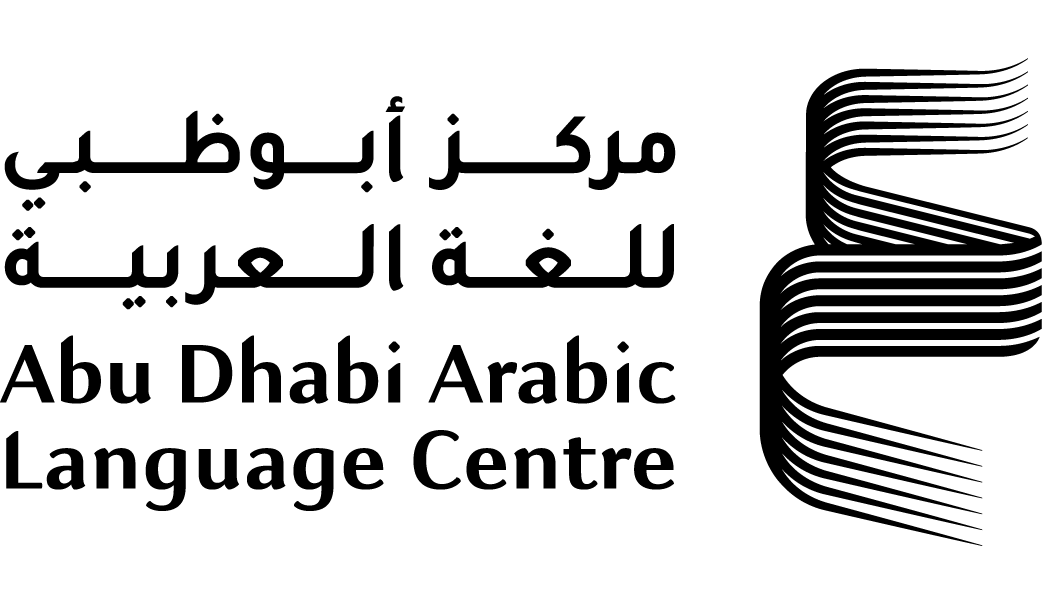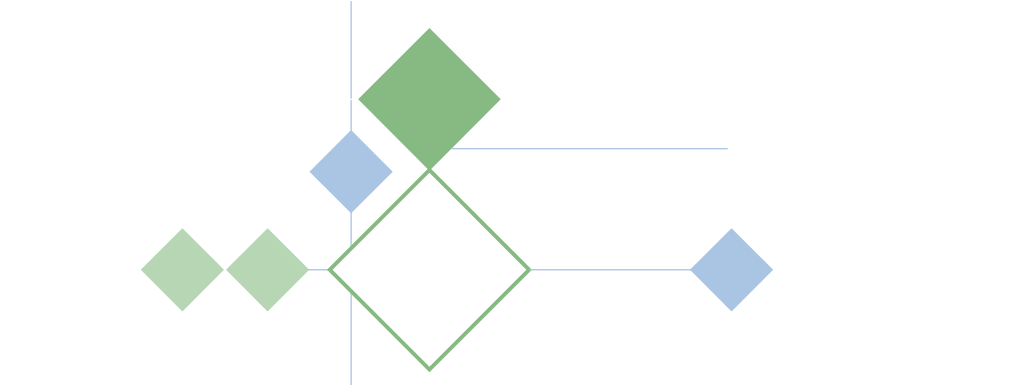Language is not just a means of communication it is also a mirror of culture and identity. Throughout history, language has always been an instrument of civilised progress and a way to preserve histories and achievements, but it also paves the way for social and intergenerational communication and forms the very fabric of human behaviour.
Additionally, since language paves the path for social and intergenerational communication, it is also the fabric of human behaviour. Arabic is treasured by Arabs as one of the oldest living languages in the world and as a language that is rich in meaning and clear expression. Believing they are the epitome of eloquent expression and elegant speech, Arabs use the term 'foreigner' not to describe people of different origins, but people who do not speak Arabic. "The history of Arabic and the Arabs is intrinsically entwined and the language has changed drastically since the dawn of Islam. The Quran, seen as a divine revelation and a linguistic miracle, played a powerful role in the Arabs’ historical rise as a civilisation and later constituted the foundation of contemporary Arabic.
Today, the language enjoys international renown and recognition.On December 18, 1973, the General Assembly of the United Nations approved Arabic as the sixth official UN language, a date later known as World Arabic Language Day."
Arabic is celebrated not only because it is the language of hundreds of millions of people, but also because it has been the cornerstone of today's global civilisation. The language has contributed greatly to many civilizations throughout history, and it continues to influence modern cultures today.
The historic rise of the Arabs brought era-defining scientific discoveries and literary achievements that were soon translated worldwide. Among the giants of history were the Arabic-speaking scientists and scholars Jabir ibn Hayyan, Ibn al-Haytham, Ibn Sina (Avicenna), and Ibn Khaldun, whose works defined the Renaissance. Moreover, the beauty of Arabic gave birth to the finest poetry of all time, a fact well known to anyone familiar with Arabic language and literature. Arabic is one of the world’s most striking languages in terms of poetic expression and is rich with noble meaning and values.
Arabic rhymed poetry is characterized by its eloquence, strong vocabulary, and deep meanings, and that is why this language has been deemed as one of the best languages in terms of poetic expression. The French orientalist, William Marçais, once described Arabic as a euphonious musical instrument. He said: “An Arabic phrase is like an Oud. Hitting a single string causes all other strings to produce melody, and that is when the language moves within the soul, beyond the limits of meaning to create waves of emotions and representations.”
He says: “An Arabic phrase is like Oud, hitting a single string causes all other strings to produce melody, and that is when language moves within the soul beyond the limits of meaning, thus creating waves of emotions and representations.”
The Belgian-American historian George Sarton praised Arabic by saying: “God has endowed the Arabic language with a flexibility that makes it possible to write revelation in all its subtle ways and express it beautifully and eloquently.”
Ahmad Shawqi, nicknamed the Prince of Poets, said:
“He who filled languages with every charming trait, chose Arabic alone to be beauty incarnate.”
Meanwhile, the famous Egyptian writer Abbas Mahmoud al-Aqqad, in his book "The Poetic Language" spoke of the phonetic uniqueness of Arabic which uses letters that do not exist in any other language and examined how it has the ability to capture hearts and minds through its rhyme and rhythm. By using the phrase “poetic language,” al-Aqqad hoped to portray Arabic as a language of rhyme and rhythm, capturing the hearts and minds of its readers. In his book, the author also pointed out that Arabic is phonetically unique, with letters that do not exist in any other language. Arabic is also famous for its rhymed poetry, which is characterised by eloquence, powerful vocabulary and deep meaning.
Today, Arabic enjoys unprecedented support in the UAE and the country is continuously working to inspire a love of the language worldwide. To achieve this goal, the Centre supports Arabic through artistic, creative, cultural, educational and scientific initiatives to develop the language at regional and international level.
Examples of such programmes for natives and non-natives alike, include the “Kalima” initiative which revives literary and scientific translations in the Middle East; the Sheikh Zayed Book Award and Kanz Al Jeel Award, designed to encourage Arabic authorship and publication as well as an academic research grant programme to promote cultural and intellectual qualitative research and the study of Arab heritage. Another initiative is the launch of Al-Markaz: Majallat al-Dirāsāt al-ʿArabiyya [The Centre: Journal of Arabic Studies], a joint effort between the ALC and Brill Publishing House, that was first published in May 2022.
The ALC has also made contributions related to the promotion of Arabic online by launching the Digital Arabic Lexicon website. In addition to classical Arabic vocabulary, the digital lexicon includes modern-day terminology to serve as a reliable source of information in various fields of knowledge and to accommodate today’s accelerating technological developments. Furthermore, by organising cultural events and world renowned book fairs, such as the Abu Dhabi International Book fair, ALC encourages and elevates the publishing industry.
![alc-default-cursor]()

